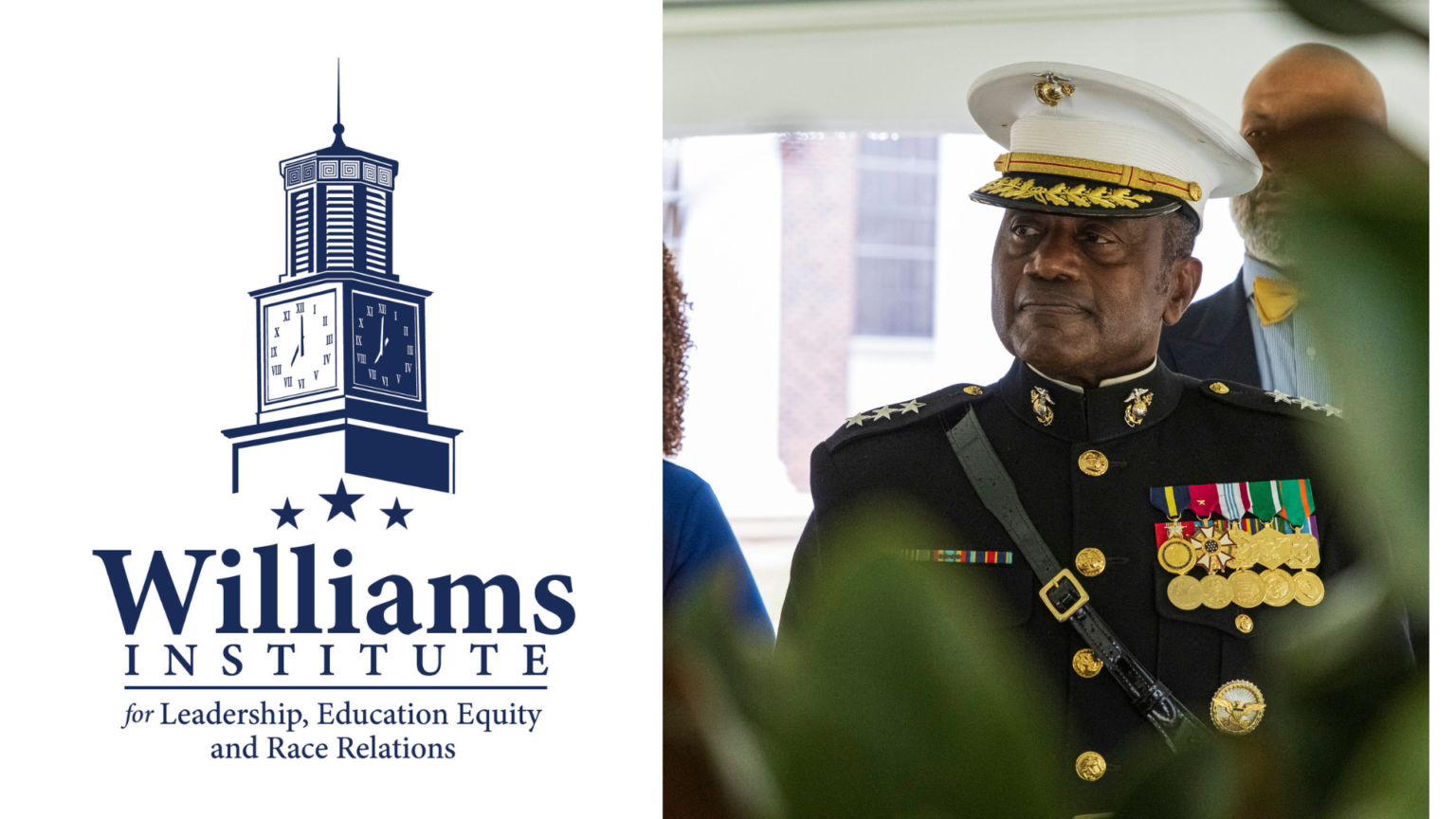By Stillman College,
As part of a commitment to innovation, cutting-edge programming, and academic opportunities, Stillman College’s Veterans Resource Center has launched the Lieutenant General Willie J. Williams Institute for Leadership, Education Equity, and Race Relations in America.
The Institute expounds upon the life and legacy of Stillman alumnus Willie J. Williams, one of the first three African-American Marines to wear the rank of three-star general. Williams retired in 2013 from his position as the director for Marine Corps Staff.
The Williams Institute is an effort to afford Stillman College and the community extensive access to scholarly research, interdisciplinary study, discourse and debate, and advocacy on cutting-edge issues related to leadership, education equity, and race relations in America.
Stillman announced the Institute Thursday during its Veterans Day festivities, including a tree-planting on the quad in Williams’ honor.
“This world needs knowledgeable leaders,” Williams said. “I’ve seen the best and worst of them, and those that are well-balanced in their knowledge and understanding of leadership, equity, and race – without even continuously categorizing them as such – have a much greater positive impact on their organizations.”
Williams said his path from “extremely humble beginnings” to Stillman College “statistically should not have happened.” He credits being an active student at Stillman for helping shape him into a leader and one of the most respected voices in the U.S. military.
“I have received many awards and honors in my lifetime,” Williams said. “However, being the namesake of this endeavor supersedes them all.”
DeMarcus Hopson, dean for enrollment management and executive director for Military Student Services, leads this initiative, with senior business major Ronnie Williams, Jr. serving as student director. Hopson said the WI’s mission reflects Lt. Gen. Williams’ legacy as a cornerstone in the foundations of innovation and opportunity.
“This institute will serve as a celebrated mainstay in our region and amongst our benchmark institutions,” Hopson said. “The research and programming that have been carefully tabbed, developed, and prepared will dramatically challenge the status quo and mediocrity often associated with this work and will confidently awaken a generation of global leaders; this institute is revolutionary for Stillman College.”
The WI’s lectures, symposiums, brown-bag lunches, working group sessions, leadership retreats, and special program initiatives will include students, administrators, practitioners, staff members, parents, business leaders, and community partners. The WI actively heralds three unique programs in full support of its purpose and objectives:
- The Black Male Initiative, a student development initiative focused on increasing matriculation, retention, and graduation rates for males of color
- The 1876 Project, community engagement initiative
- The Alabama Troops to Teachers Program, an alternative teacher certification program for veterans
These special programs will stabilize the WI’s framework and stand as the pillars of its research, programming, and partnerships. The WI will seek and attract the support of key community institutions in its work. Not only will the WI’s efforts collaborate with diverse groups of people, but it will also seek to secure cross-cultural understanding through community building, anti-racism/diversity training, conflict resolution, and educational equity initiatives.
Hopson noted the approach to the WI’s work is boldly framed as a triad continuum of research, student development, and civic engagement within a Ten-Point Mission:
- Demonstrate the counter-narrative of black males in education.
- Honor diverse experiences through narratives of excellence that support student success.
- Motivate community stakeholders to cultivate and promote positive change.
- Empower students to thrive academically, civically, and socially.
- Dismantle negative stereotypes cross-culturally.
- Advance military and veteran student issues and contributions as well as innovative social science research and programming.
- Train emergent leaders prepared to excel in a global society.
- Foster community engagement locally and nationally.
- Promote student success by creating holistically supportive environments.
- Develop mentoring, peer connection, and student involvement opportunities through institutional and grant-funded research and student development programming.
“I am excited about the work Mr. Hopson and others will do,” Lt. Gen. Williams said. “I foresee this framework being adopted by campuses across this county and I look forward to participating and leveraging my influence to move the needle in the right direction.”

